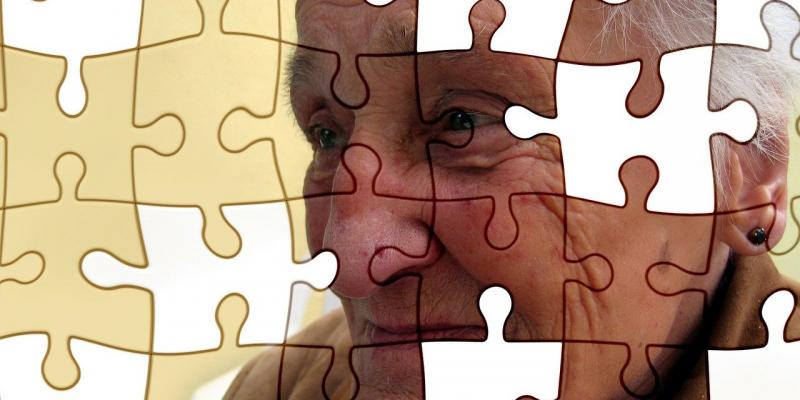Happy New Year to one and all! This time of year, we look to the future while we reflect on our past. But what if it were harder and harder to remember the past? What if your memory loss was severe enough that it started to affect how you live your life? What if the most routine tasks became foreign? This could be one of the warning signs of Alzheimer’s disease or a related dementia.
January is Alzheimer’s Awareness Month. Memory loss is one potential symptom of the disease. Other symptoms include:
- Difficulty performing familiar tasks
- Problems with language
- Disorientation of time and place
- Poor or decreased judgment
- Problems with abstract thinking
- Misplacing things
- Changes in mood and behaviour
- Changes in personality
- Loss of initiative
It is important to see a doctor when you notice any of these symptoms. It is also important to understand that although age is the greatest risk factor for Alzheimer’s, the disease is not a “normal” part of aging. Other conditions have symptoms similar to dementia including depression, chest and urinary tract infections, severe constipation, vitamin and thyroid deficiencies, brain tumours, drug interactions or alcohol abuse. In addition, poor eyesight or hearing, emotional changes and upsets, such as moving or bereavement could also be possible causes of confusion. Reviewing one’s medical records with a professional who is an expert in dementia and medications will determine whether the patient has dementia or something else.
If the diagnosis is Alzheimer’s, then it allows the patient and family the ability to get advice, information and support (emotional, practical and financial) from community agencies, medical professionals and the Alzheimer Society. It also allows the person with dementia to plan and make arrangements for the future. In a recent survey of caregivers of people with dementia:
- 75% wished they had sought a diagnosis sooner to have access to treatments to manage symptoms;
- 78 % felt early diagnosis would have helped them put their legal and financial affairs in order; and
- 69% believed it would keep the person with dementia at home longer.
While there is currently no cure for the disease, therapy and medication may help to slow the progression and relieve symptoms. So during the Month of January, let’s not forget to think about Alzheimer’s disease. Look for the symptoms. Seek help. Take care of yourselves and each other.







